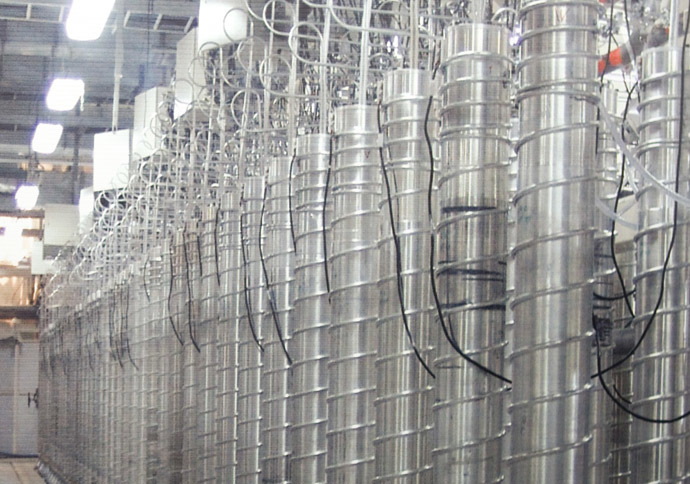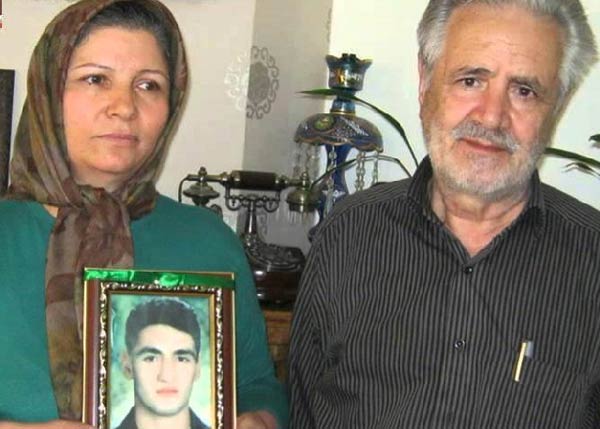July 22, 2016

The Associated Press Monday revealed a secret document it said shows that Iran will be able to start producing a lot more enriched uranium sooner than expected under the nuclear deal.
Opponents of the deal immediately cited the report as evidence of a failure by President Obama to produce the tight restrictions on Iran that he claimed for the deal.
The AP said, “The confidential document is the only text linked to last year’s deal between Iran and six foreign powers that hasn’t been made public.”
However, the document isn’t part of the negotiated deal. It is a unilateral Iranian document. The nuclear agreement required Iran to outline its enrichment plans starting 10 years from now when many of the limitations on Iran’s program will be lifted. The document is Iran’s outline of its long-term plans, although there is no assurance it will be able to accomplish the goals it outlines.
The document obtained by the AP says that as of January 2027— 11 years after the deal was implemented last January— Iran will start replacing its current IR-1 centrifuges with more advanced centrifuges.
From year 11 to 13, says the document, Iran will install centrifuges up to five times as efficient as the 5,060 machines it is now restricted to using. Those new models will be fewer in number than those being used now, from 2,500 and 3,500, depending on their efficiency, according to the document.
“But,” says the AP, “because they are more effective, they will allow Iran to enrich at more than twice the rate it is doing now.” That, of course, assumes Iran can make centrifuges that are that efficient.
It is no secret that Iran has been working on more efficient centrifuges—that has been well-publicized by the IAEA—and Iran now has a decade in which to work out the kinks. It has also been no secret that Iran hoped to start using more efficient centrifuges after year 10. What’s new is that Iran laid out in the document its specific plans.
As some of the restrictions on Iran’s nuclear program are lifted after 10 years and more after 15 years, the main mechanisms that will remain to prevent Iran from developing weapons are the much more intrusive searches and monitoring systems. Those enforcement mechanisms of the International Atomic Energy Agency (IAEA) will not be lifted.
The AP report did not mention that, however.
In Tehran, Foreign Minister Mohammad-Javad Zarif patted himself on the back and boasted after the AP story appeared.
He said the plans to expand uranium enrichment in year 11 are “a matter of pride” for Iran. The Tasnim new agency quoted him as saying the world will acknowledge the glory that Iran’s nuclear negotiators—meaning himself—have brought to the country once the full contents of the document are seen.



















